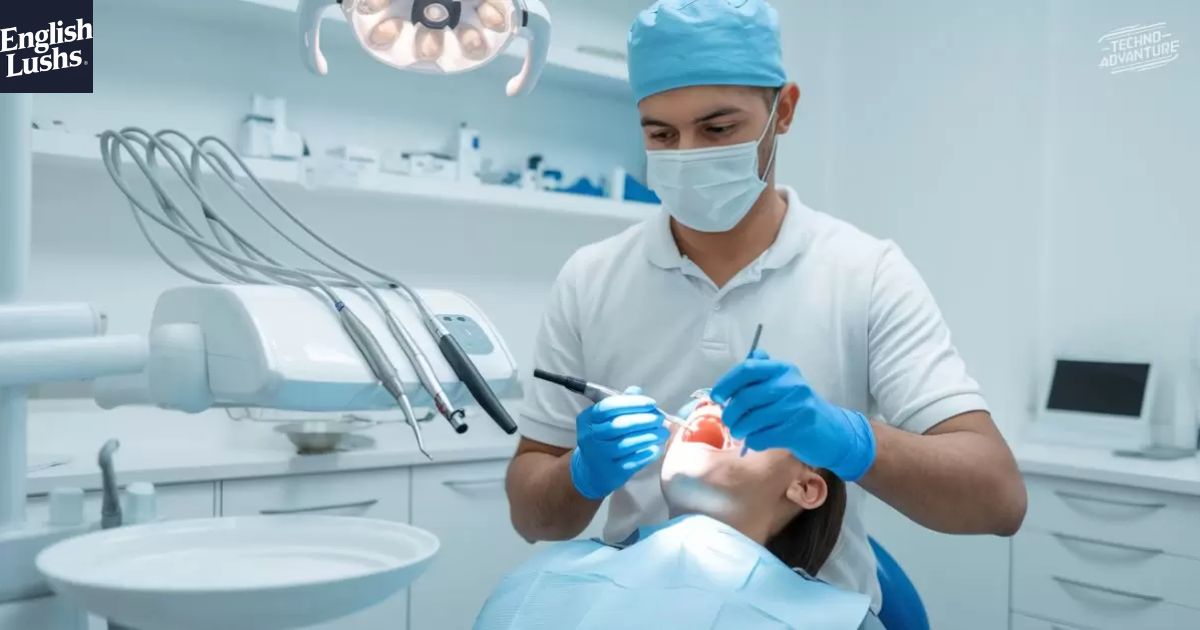Newssyc.in’s dental category offers a comprehensive guide to preventive dental care. It provides readers with essential tips to maintain optimal oral health and prevent common dental issues.
The website covers a wide range of topics, from basic oral hygiene practices to advanced dental treatments. Visitors can find valuable information on proper brushing techniques, flossing methods, and the importance of regular dental check-ups.
Newssyc.in also explores innovative dental technologies and procedures available today. The platform serves as a reliable resource for those seeking to improve their dental health and achieve a brighter, healthier smile.
Understanding Dental Health: Basics You Should Know
Dental health is an essential aspect of overall well-being that often goes overlooked. Many people tend to neglect their oral hygiene until a problem arises, but understanding the basics of dental health can help prevent issues before they start.
At newssyc.in/category/dental, we believe that knowledge is power when it comes to maintaining a healthy smile.
The foundation of good dental health starts with the structure of your teeth. Each tooth consists of several layers: the outer enamel, which is the hardest substance in your body
the dentin, a softer layer beneath the enamel and the pulp, which contains blood vessels and nerves. Surrounding your teeth is the gum tissue, or gingiva, which helps anchor them in place.
Preventive Dental Care Tips from newssyc.in/category/dental
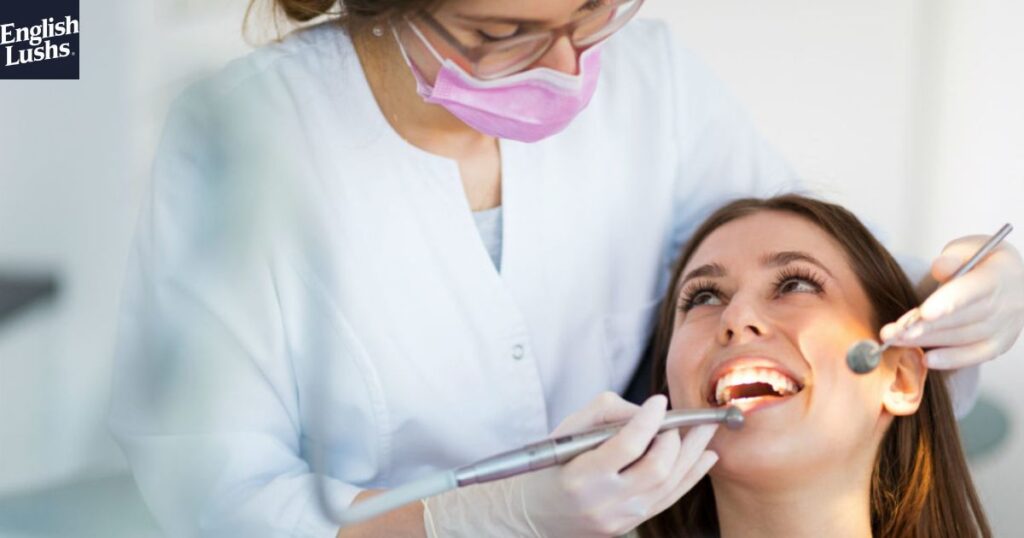
At newssyc.in/category/dental, we emphasize the importance of preventive care in maintaining optimal dental health. By following these tips, you can significantly reduce your risk of dental problems and enjoy a healthier smile for years to come.
Brush Properly and Regularly
The cornerstone of good oral hygiene is proper brushing. We recommend brushing your teeth at least twice a day, ideally after meals.
Use a soft-bristled toothbrush and fluoride toothpaste. Brush for at least two minutes, ensuring you cover all surfaces of your teeth – front, back, and chewing surfaces.
Pay special attention to the gum line, where plaque tends to accumulate. Use gentle, circular motions rather than aggressive back-and-forth scrubbing, which can damage your gums and enamel.
Don’t forget to brush your tongue as well, as it can harbor bacteria that cause bad breath and other oral health issues.
Floss Daily
While brushing is essential, it can’t reach all the spaces between your teeth where food particles and plaque can accumulate. This is where flossing comes in. Make it a habit to floss at least once a day, preferably before bedtime.
Use about 18 inches of floss, winding most of it around your middle fingers and leaving an inch or two to work with.
Gently guide the floss between your teeth using a rubbing motion. When the floss reaches your gum line, curve it into a C shape against one tooth and slide it gently into the space between the gum and the tooth. Repeat this process for each tooth, using a clean section of floss each time.
Use Mouthwash
Mouthwash can be a beneficial addition to your oral hygiene routine. It can help reduce plaque, freshen breath, and reach areas that brushing and flossing might miss.
Look for a mouthwash that contains fluoride and has the American Dental Association (ADA) seal of approval.
Use mouthwash after brushing and flossing. Swish it around in your mouth for about 30 seconds before spitting it out. Avoid eating or drinking for at least 30 minutes after using mouthwash to allow the fluoride to work effectively.
Maintain a Healthy Diet
What you eat plays a significant role in your dental health. Limit your intake of sugary and acidic foods and drinks, as these can contribute to tooth decay and enamel erosion. Instead, focus on a balanced diet rich in vitamins and minerals that support dental health.
Foods high in calcium, such as dairy products, leafy greens, and almonds, can help strengthen your teeth. Crunchy fruits and vegetables like apples and carrots can help clean your teeth naturally and stimulate saliva production, which helps neutralize acid in your mouth.
Stay Hydrated
Drinking plenty of water throughout the day is not only good for your overall health but also beneficial for your teeth. Water helps wash away food particles and bacteria, reducing the risk of plaque buildup.
It also helps maintain saliva production, which is crucial for neutralizing acids in your mouth and remineralizing your teeth.
Quit Smoking
If you smoke, quitting is one of the best things you can do for your dental health. Smoking increases your risk of gum disease, tooth discoloration, and oral cancer. It also impairs your body’s ability to heal, making it harder to recover from dental procedures and infections.
Regular Dental Check-ups
Even with excellent home care, regular dental check-ups are essential. We recommend visiting your dentist at least twice a year for professional cleanings and examinations. These visits allow your dentist to catch and treat potential problems early, before they become more serious and costly to address.
Read This Blog: Get Complete Overview of 127.0.0.1:62893 and 127.0.0.1:49342 IP address
Exploring Dental Treatments and Procedures
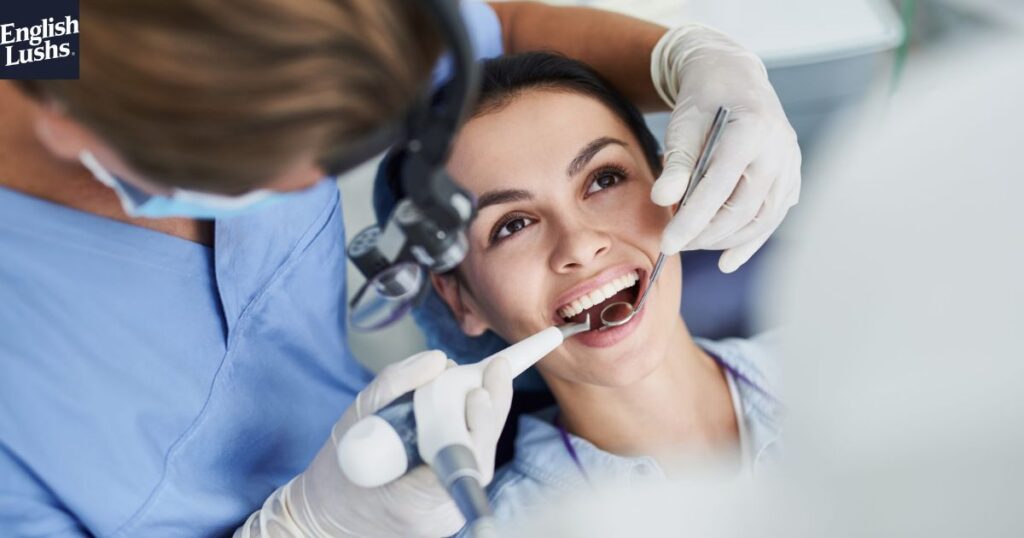
While preventive care is crucial, sometimes dental treatments and procedures are necessary to maintain or restore oral health. At newssyc.in/category/dental, we provide information on various dental treatments to help you understand your options.
Fillings
Fillings are one of the most common dental procedures, used to treat cavities. The decayed portion of the tooth is removed, and the space is filled with a material such as composite resin, amalgam, or porcelain.
Modern filling materials can be matched to the color of your teeth, making them virtually invisible.
Root Canals
A root canal is necessary when the pulp of a tooth becomes infected or damaged. During this procedure, the infected pulp is removed, the inside of the tooth is cleaned and disinfected, and then filled and sealed.
Despite their reputation, modern root canal treatments are relatively painless and can save a tooth that would otherwise need to be extracted.
Crowns
Dental crowns are cap-like structures that fit over a damaged or weakened tooth to restore its shape, size, strength, and appearance. They can be made from various materials, including porcelain, ceramic, metal, or a combination of these.
Bridges
A dental bridge is used to replace one or more missing teeth. It consists of one or more artificial teeth anchored in place by crowns on the adjacent natural teeth. Bridges can restore your smile, improve your ability to chew and speak, and prevent remaining teeth from shifting out of position.
Implants
Dental implants are a popular and effective long-term solution for people who suffer from missing teeth, failing teeth, or chronic dental problems. They are artificial tooth roots that provide a permanent base for fixed, replacement teeth. Implants look, feel, and function like natural teeth, making them an excellent option for tooth replacement.
Cosmetic Dentistry Options at Newssyc.in
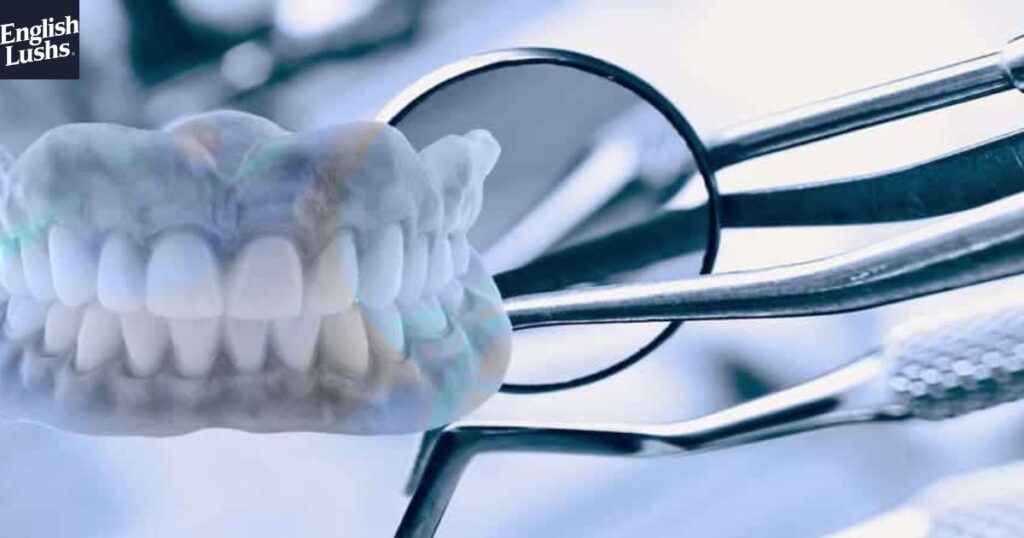
Cosmetic dentistry focuses on improving the appearance of your smile. While not always medically necessary, these procedures can boost your confidence and self-esteem. At newssyc.in/category/dental, we provide information on various cosmetic dentistry options.
Teeth Whitening
Teeth whitening is one of the most popular cosmetic dental procedures. It can be done in a dental office or at home using products prescribed by your dentist. Professional whitening can dramatically improve the appearance of stained or discolored teeth in a single visit.
Bonding
Dental bonding is a procedure where a tooth-colored resin material is applied and hardened with a special light, bonding the material to the tooth. It can be used to repair chipped or cracked teeth, close gaps between teeth, or change the shape or color of teeth.
Invisalign
Invisalign is a popular alternative to traditional braces. It uses a series of clear, removable aligners to gradually straighten teeth. Invisalign is virtually invisible, making it a popular choice for adults who want to improve their smile without noticeable braces.
Read This Blog: How to Integrate Google Classroom 6x Games into Lesson Plans: A Step-by-Step Guide
Managing Dental Anxiety: Tips and Techniques
Dental anxiety is a common issue that can prevent people from seeking necessary dental care. At newssyc.in/category/dental, we understand this concern and offer tips to help manage dental anxiety:
- Communicate with your dentist about your fears.
- Ask about sedation options for more complex procedures.
- Practice relaxation techniques such as deep breathing or meditation.
- Bring a trusted friend or family member to your appointment for support.
- Use distraction techniques like listening to music or podcasts during your visit.
Remember, modern dentistry has come a long way in terms of pain management and patient comfort. Many procedures that were once painful are now virtually painless.
Dental Innovations and Technology Featured on Newssyc.in
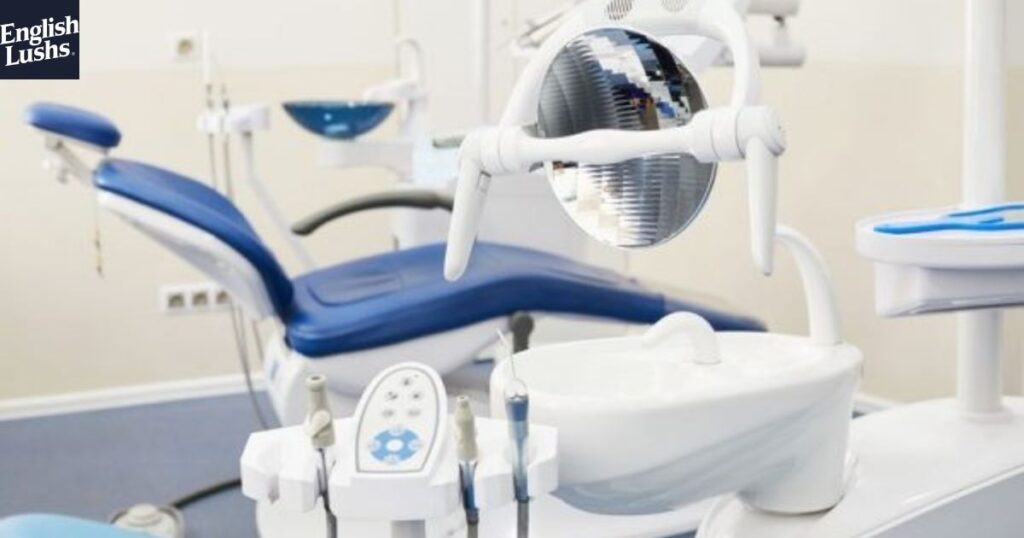
The field of dentistry is constantly evolving, with new technologies and techniques emerging to improve patient care. At newssyc.in/category/dental, we keep you informed about the latest dental innovations:
Digital X-rays
Digital X-rays provide detailed images of your teeth and surrounding structures with less radiation exposure than traditional X-rays. They allow for easier storage and sharing of dental records.
Intraoral Cameras
These small cameras allow dentists to take close-up images of your teeth and gums, making it easier to diagnose issues and explain treatment options to patients.
3D Printing in Dentistry
3D printing technology is revolutionizing the creation of dental implants, crowns, and other prosthetics, allowing for more precise and customized solutions.
Laser Dentistry
Laser technology is being used in various dental procedures, from treating gum disease to preparing teeth for fillings. Lasers can often provide more precise treatment with less discomfort and faster healing times.
AI in Dentistry
Artificial Intelligence is being integrated into dental software to assist with diagnosis, treatment planning, and even predicting future dental issues based on current oral health data.
Frequently Asked Questions
How often should I replace my toothbrush?
Replace your toothbrush or electric toothbrush head every 3-4 months, or sooner if the bristles become frayed.
Is it normal for my gums to bleed when I floss?
Occasional bleeding is normal when you start flossing, but persistent bleeding may indicate gum disease. Consult your dentist if it continues.
Can stress affect my dental health?
Yes, stress can lead to teeth grinding, jaw clenching, and reduced saliva production, all of which can impact your oral health.
Are electric toothbrushes better than manual ones?
Electric toothbrushes can be more effective at removing plaque, but a manual brush can be equally effective if used properly.
How can I prevent bad breath?
Regular brushing, flossing, tongue cleaning, staying hydrated, and avoiding tobacco can help prevent bad breath. Persistent bad breath may indicate an underlying issue.
Conclusion
At newssyc.in/category/dental, we’re committed to being your partner in maintaining optimal dental health.
understanding the basics of dental health, following preventive care tips, staying informed about various dental treatments and procedures, and keeping up with the latest innovations in dentistry, you can take control of your oral health and enjoy a beautiful, healthy smile for years to come.

Amelia is a skilled SEO expert with a strong focus on content writing, keyword research, and web development. With a dedication to delivering results, she helps businesses optimize their online presence and drive organic growth.
Her expertise ensures that clients stay ahead in the ever-evolving digital landscape
